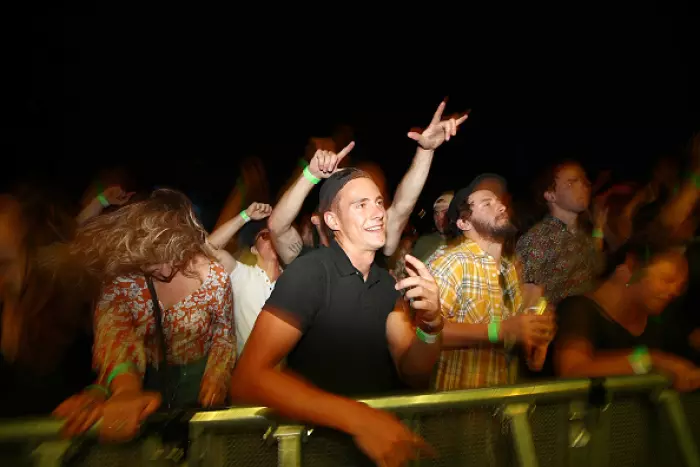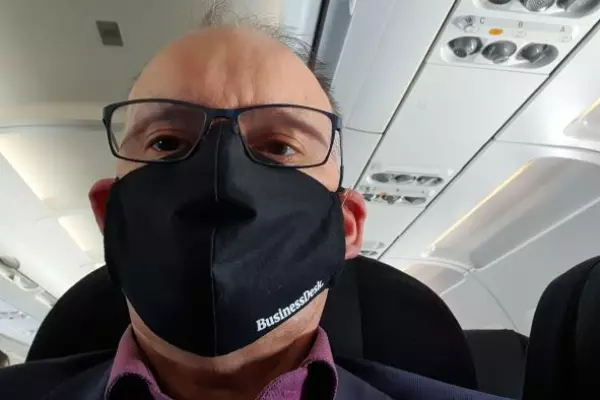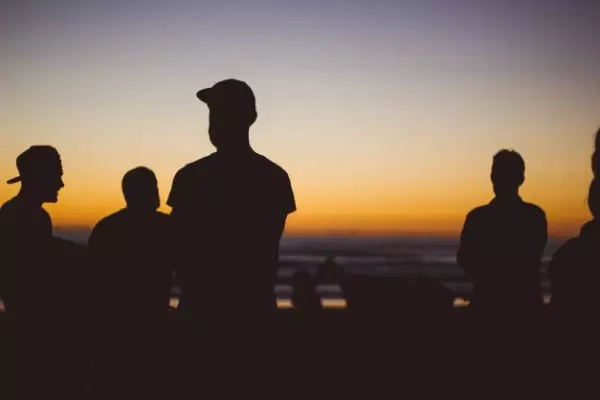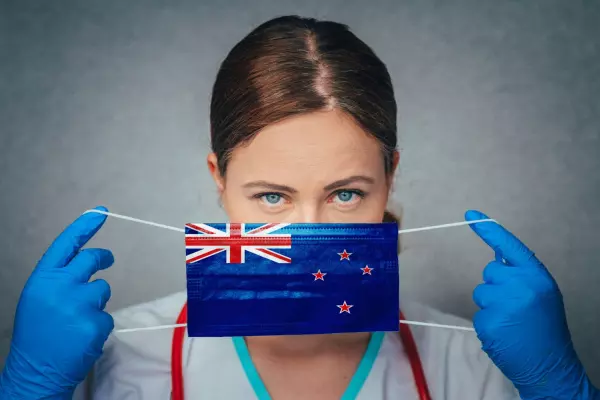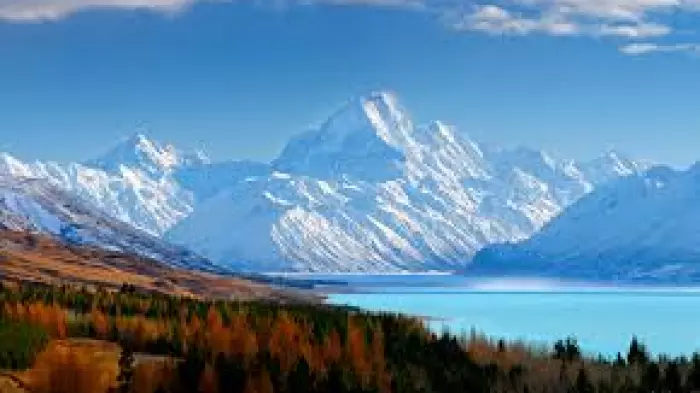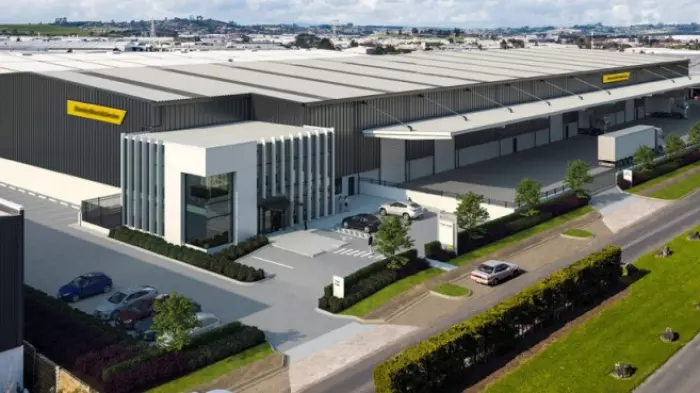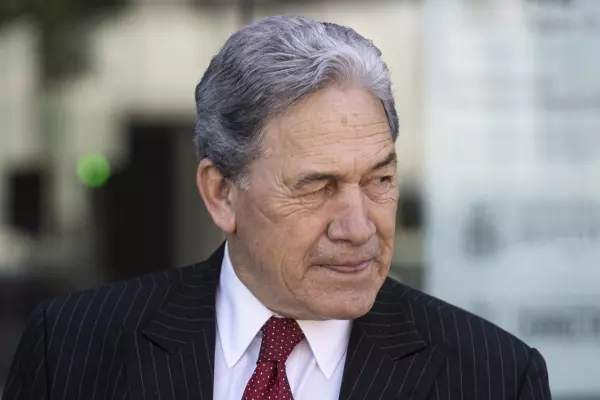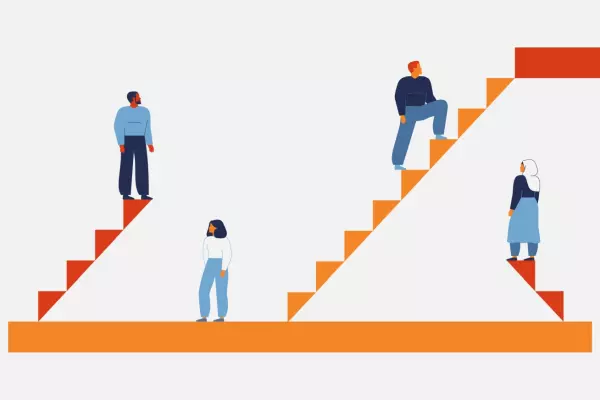If you’re wondering how New Zealand’s covid recovery is going, stick your head inside an airport.
Up and down the country, terminals are humming and planes are packed. On many routes, there are hardly any seats available.
Recently, as I stood in a snake-like security line at Auckland Airport, I almost missed my flight.
But for the first time ever, I was more than happy to make a mad dash to the departure gate.
The volume of passengers is a sure sign life has returned to a semblance of normality.
Last week, FCM Travel Solutions released new figures showing the remarkable resilience of our corporate travel market.
Around 56 percent of New Zealand businesses have staff travelling by air during the pandemic. Domestic air travel has returned to 80 percent of pre-covid levels.
During the first lockdown, we became accustomed to using Zoom to connect with colleagues.
It’s fast, cheap and efficient. I wondered whether our forced introduction to video calling would eat into the lucrative corporate travel market – once the restrictions eased.
But the human brain functions best when there is in-person, face-to-face interaction, rather than screen time. By instinct, we want to lock eyes with the person we are talking to and observe their body language.
During Levels 3 and 4, many of us were overwhelmed by the amount of time we spent on our devices. After a few weeks, “Zoom fatigue” had well and truly set in.
Video calling will continue to be an important part of the corporate landscape, especially because the end of the pandemic is a long way off, and international travel will not be on the cards for a year or two.
But I reckon many of us are hankering for quality, real-life experiences and interactions with the people we do business with. And we are fortunate to be able to travel between domestic cities for meetings and events.
Later this month, I’m speaking at my first conference since the pandemic began.
Just a few months ago the thought of bringing 200 people together from across the country would have seemed unthinkable – and anxiety-inducing. But now, it’s possible.
That’s a reminder of how fortunate we are in NZ. Right now, masks are not compulsory. There are no bubbles. We can take holidays. We can be there for births and funerals.
And we are heading into summer, a treasured period in the year, with the promise of sun, sand and surf.
However, as much as it is tempting to revel in these blissful conditions, NZ remains vulnerable to another community outbreak.
The so-called “marine engineer cluster” in New Plymouth sent a tremor of fear through the country.
Recent community cases, including two staff members working at the Sudima managed isolation facility in Christchurch, point to the weaknesses in our border management system.
Depending on who you speak to, there are different ways to interpret these events.
According to the Prime Minister, we know the system is working well because these cases were detected.
But this statement only holds true as long as the infected people do not – or have not – passed covid onto others in the community.
Public health experts are sounding the alarm. They argue the mere existence of community cases shows the border is not watertight, and it is only a matter of time before an outbreak plunges the country into another dreaded lockdown.
The government was lucky to get through the election period without a third lockdown, which would surely have eroded the public’s trust in Labour and its handling of the pandemic.
Let’s face it - it’s not hard to trust Ardern when we compare NZ’s situation to the state of the United Kingdom.
Boris Johnson has just ordered another four-week lockdown, having previously pledged to avoid it. But he was facing increasingly bleak covid numbers, with a daily case rate of 20,000.
Johnson had taken a relaxed approach to covid, until he contracted the virus himself. But even after his illness he boldly claimed Britons were going back to work, and life would return to normal.
Announcing this week’s lockdown, at great economic and social cost to Britain, is the political equivalent of swallowing a dead rat.
Boris Johnson is charged with “saving” Christmas. No doubt, he doesn’t want to be the Prime Minister remembered for killing off the festive season.
Meanwhile, in the divided states of America, 69 million people voted for Donald Trump despite his administration presiding over a shambolic pandemic response.
In the US, 10 million people have been infected with covid and more than 200,000 have died.
It’s easy to roll your eyes after considering the situation in Britain and the US. But we shouldn’t be so quick to judge.
Our government has pointed to a “significant drop-off” in the number of Kiwis using the covid tracer app.
This app is a key line of defence against the virus and it will be a vital tool if community transmission resumes.
Last week, Ashley Bloomfield ominously warned “if we want an alert level 1 Christmas”, we have to be more vigilant in the coming weeks.
Kiwis have worked hard to regain our freedoms, like air travel. We deserve to enjoy that.
But in the fight against covid, complacency is our worst enemy.
Just as quickly as our airports have filled up, they could empty again.
As the weather warms up that’s a sobering thought.
Jehan Casinader is a Wellington-based journalist.


